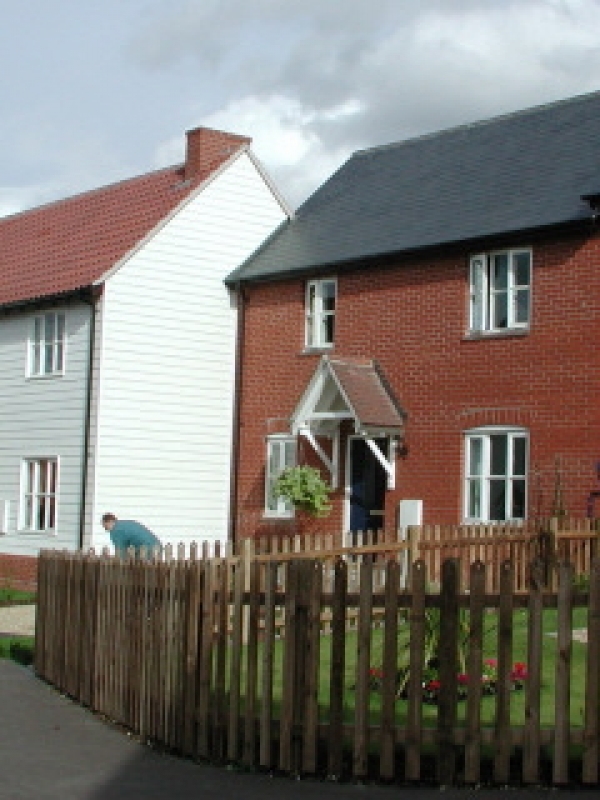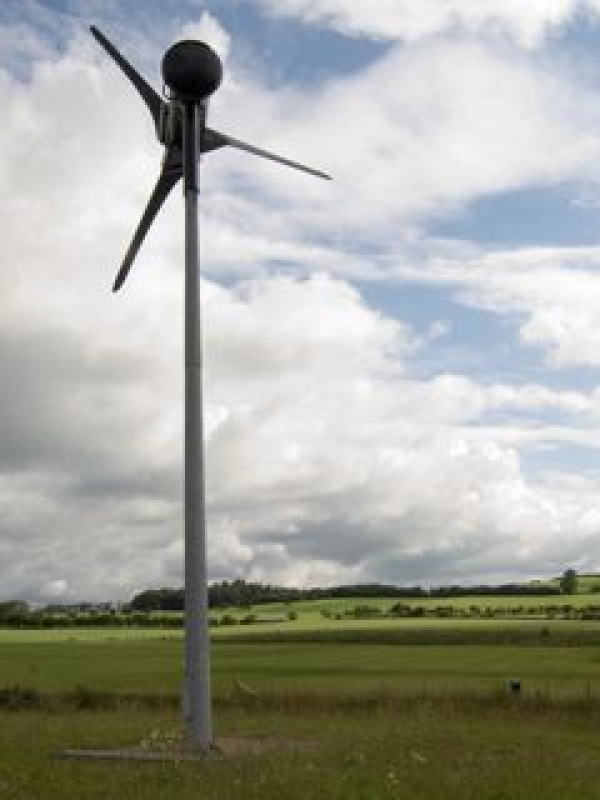T: 01822 851370 E: [email protected]
Bookings are now officially open for the National Rural Conference 2025, which will take place online from Monday 15 to Thursday 18 September.
This is the Rural Services Network’s flagship event of the year, bringing together rural decision-makers, practitioners, and advocates for four days of live, interactive sessions focused on the future of rural communities.
Click here to book!
A successful neighbourhood plan must be based on evidence and an understanding of the place they relate to. Communities need to gather a range of evidence and local knowledge before writing their plan. We have collated a selection of evidence,...
POLICE in Cleveland are focusing on rural crime throughout National Neighbourhood Watch Week. The force has been cracking down on rural crime in an ongoing operation with other forces across the north-east. To mark National Neighbourhood Watch...
MOTORISTS are being urged to take extra care on rural roads through a series of warning signs placed on vital routes. The Gloucestershire Road Safety Partnership campaign, which runs until the end of October, includes signs placed on...
HOUSE prices rising faster than incomes are forcing people in their thirties to move out of the countryside. The "stark demographic shift" was laid bare by new figures unveiled by the National Housing Federation . Over the...
The rollout of superfast broadband across rural Britain has been likened to a "train crash" by the government's spending watchdog. In a "deeply critical" report due to be published next month, the National Audit Office will slam a...
COMMUNITIES will have a greater say over the siting of onshore wind farms, the government has announced. Changes unveiled on Thursday (6 June) mean residents will also reap increased benefits from hosting developments that do proceed. The...
THE localisation of Council Tax support means change for most of rural England's low income households, finds Brian Wilson. THE localisation of Council Tax support means change for most of rural England's low income households, finds Brian Wilson....
MOBILE phone users are being asked to turn detective and help map reception rates across rural Britain. Rural businesses and communities received a far poorer service than urban users – despite paying the same to use their mobile...
GOVERNMENT ministers are seeking views on ways communities can manage and generate their own energy. The consultation comes ahead of the UK's first Community Energy Strategy, due to be published later this year. The strategy will encourage...
A NEW chief executive is being sought by Action with Communities in Rural England (ACRE) following its restructuring earlier this year. The £50k-a-year role is to lead the charity, which is the umbrella body for 38 county-based local...
NEWSLETTER
Sign up to receive all our latest news and updates.
HOT TOPICS
Amid reduced public spending, fair resource allocation across regions is crucial. Despite a population larger than Greater London, rural areas receive significantly less funding for essential services, even though delivering these services in rural areas is more expensive.
Economic growth is widely acknowledged as essential for national wealth and prosperity and is a priority for political parties. Rural economies, employing millions and home to a higher proportion of small businesses, have potential for growth if barriers are removed.
Rural residents face distinct healthcare challenges, including limited access to transport, longer distances to medical facilities, an aging demographic, housing inadequacies, digital connectivity gaps, and difficulties recruiting health and care workers.
Rural communities are grappling with a severe affordable housing crisis, marked by high house prices, a lack of affordable housing, elevated living costs, and lower incomes, threatening their sustainability and vitality.
Transport is vital for the quality of life and economic health of rural areas, yet it faces challenges such as infrequent public bus services and less Government funding compared to urban regions.
Rural areas, encompassing a substantial portion of England's population and land, play a pivotal role in combating climate change and achieving the net zero target.
In an increasingly digital world, the lack of robust digital infrastructure in rural areas severely limits access to crucial services and stifles economic growth.
A future-focused vision for rural communities involves not just building the right homes in the right places but also ensuring thriving, sustainable communities.
SIGN UP TO OUR NEWSLETTER
Sign up to our newsletter to receive all the latest news and updates.













